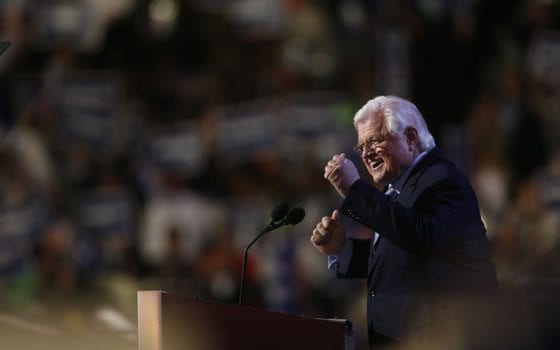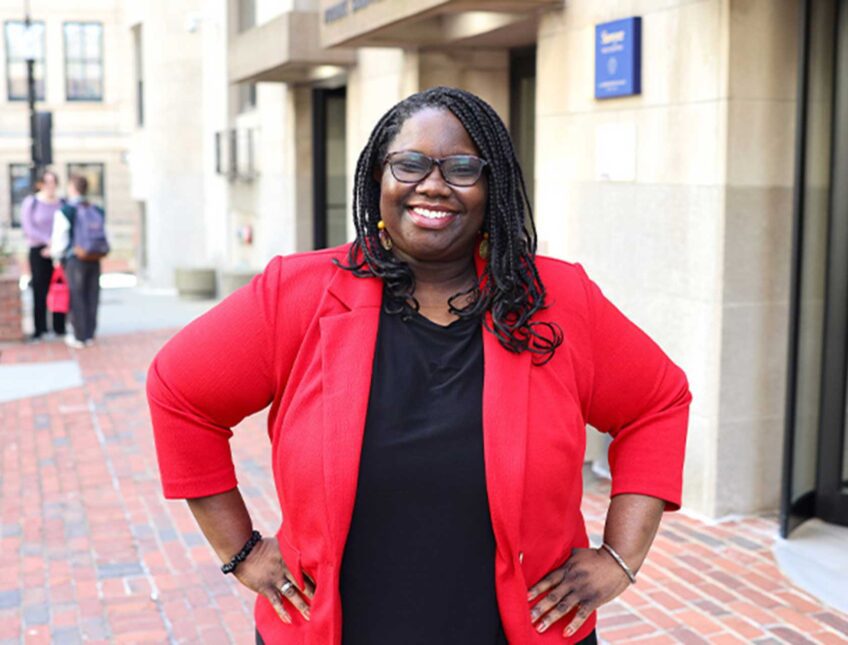
The way forward: Transforming grief into renewed commitment
Americans are still in tears today. The pain just won’t go away. The people have lost a dear friend and the strongest advocate for their interests. There is no question that Sen. Edward M. Kennedy was the greatest champion of liberal issues in the U.S. Congress, and probably anywhere in public life.
With the loss of a great leader, there is an uneasy sense of being rudderless, adrift without direction. But Sen. Kennedy, who so many times had to grieve the loss of his own beloved friends and family, would undoubtedly instruct us to transform that bereavement into a greater commitment to benefit the living.
There is much for everyone to learn from such a well-spent life. As a young man, elders would say that Teddy was “a spirited lad.” He had boundless energy, which could at times lead him in unproductive directions. However, critics failed to note that even then he had already overcome the major pitfalls of the affluent.
Although his family wealth would have enabled him to do so, at an early age he eschewed the life of the idle rich. And he deftly avoided the most corrupting pitfall of all — the mistaken belief that social status and affluence had somehow made him better than others.
Sen. Kennedy spent his life relentlessly working for the benefit of people outside the realms of power, not as an act of noblesse oblige, but as a profound philosophical commitment to the Christian ideal that we are indeed our brothers’ keepers. On that ideal, his life will be ecclesiastically judged and will not be found wanting.
Those who knew the senator would not be surprised if even now he is exercising his extraordinary legislative skills to persuade the divine assembly on ways to benefit humanity. Such an approach to life, either here or in the hereafter, is an integral part of Ted’s basic character.
Those of us left behind can honor the life and legacy of Sen. Edward M. Kennedy by following the Christian instruction: “Anything you do for my brothers here, however humble, you do for me.” Kennedy affirmed this obligation at the 1980 Democratic National Convention: “… The work goes on, the cause endures, the hope still lives, and the dream shall never die.”
Our warrior has fallen, but the battle continues. A number of critical policy issues now require massive public support. This is not the time to be crippled by grief; this is the time to push forward. The realization of that dream would be the greatest memorial to the Lion of the Senate.

![Banner [Virtual] Art Gallery](https://baystatebanner.com/wp-content/uploads/2024/04/NJ-H_1-150x150.jpg)




